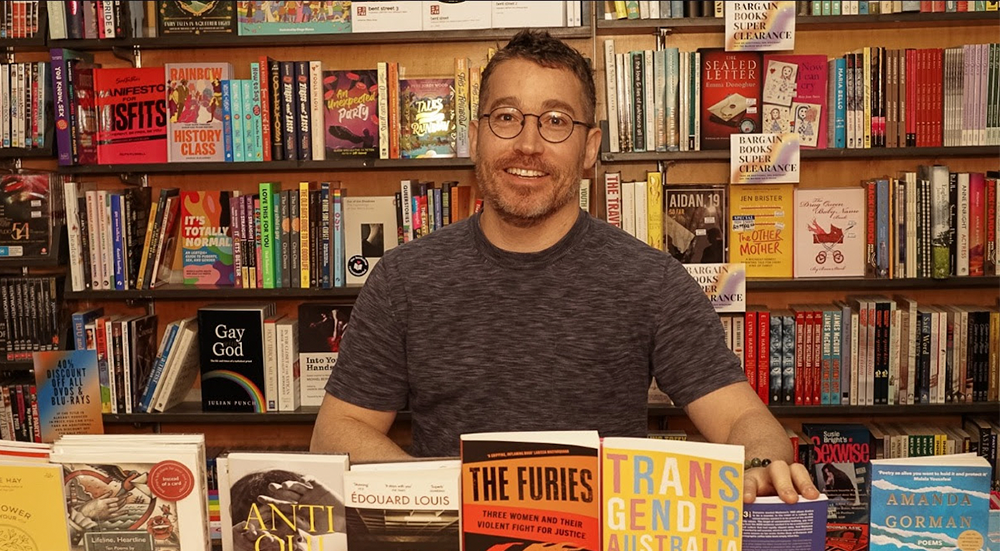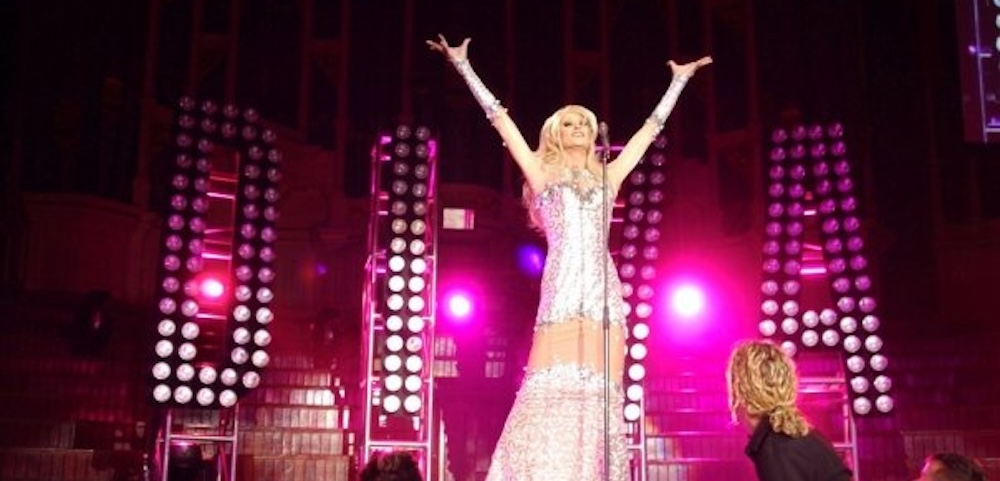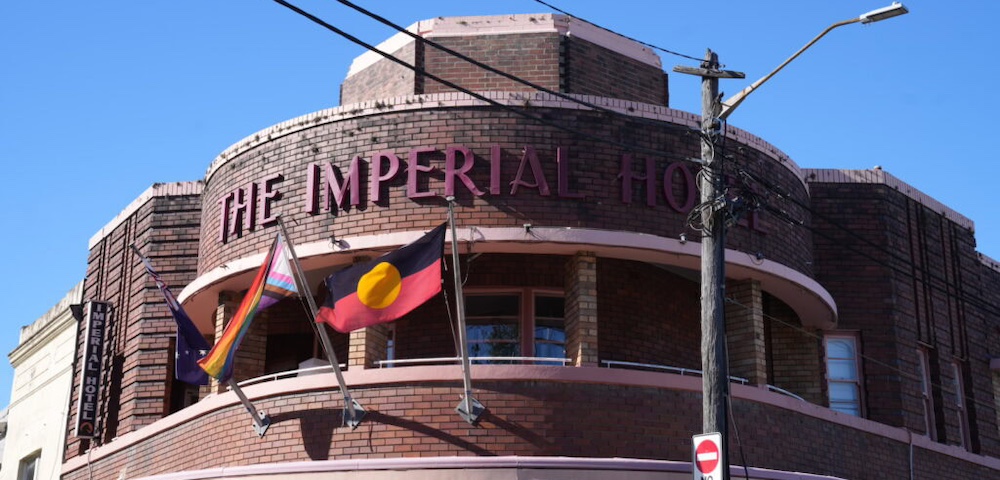
Gay fathers demand rights
A national gay dads group has been set up to call for changes to federal laws for full parental recognition of children born in co-parenting and surrogate arrangements.
The Gay Dads Alliance is the first national gay dads lobby group in Australia to call for reform of Section 60H of the Family Law Act, which covers children born as a result of artificial conception procedures and doesn’t recognise gay fathers.
Gay Dads Alliance spokesman James said while Section 60H had been amended to include two female parents, gay fathers were excluded, making parental recognition difficult, especially with surrogate children born overseas.
“Section 60H governs the law around who is a parent when artificial conception methods take place,” James told Sydney Star Observer.
“Recently this now includes two women if they were together at the point of conception, but there is no provision for a male parent [to be recognised], either through a co-parenting arrangement or through a surrogacy arrangement.”
The Alliance, established at a gay dads conference in Melbourne in September, is set to embark on a nationwide campaign called ‘My Child Calls Me A Parent. Why Doesn’t The Law?’.
James said while gay fathers are able to get parental orders through courts once children are born, there is still a risk presumption of parenthood is not as keenly protected in decision-making responsibilities for the child as lesbian and heterosexual de facto parents.
“I’ve got parenting orders for my children, but it’s not the same thing as being recognised as a parent,” he said.
“The woman who gave birth to them lives in another country, they’ve got an egg donor who lives in another country, who are the parents. Clearly there’s a gap in the law.
“A lot of people can argue that practically it makes no difference, but it does make a difference in the rare case two men split up.”
It’s likely any change to Section 60H would be viewed with extreme caution, with concerns donor fathers — who are not intending to raise the child — may be granted increased access rights to the child.
“I think the law would be concerned about donor fathers being recognised as parents, but it doesn’t need to be one approach fits everything,” James said.
“It could be what I’m terming ‘pre-bub agreements’ that are legally valid, prior to conception taking place which sets up the intention of the parties, and that becomes the basis of whether that father can be the parent or not.”
James admitted changing existing legislation would be difficult and said the issue may end up being fought out in courtrooms, with reform set via court precedent.
Gay Dads Alliance will also serve as an information and support service for all kinds of gay fathers, including men with children through co-parenting arrangements, surrogacy, fostering and those with children from a previous straight relationship.
info: Visit www.gaydadsalliance.com.au









I have found the current status of the introduced Surrogacy Bill 2010 on the NSW parliamentary website – here it is:
http://www.parliament.nsw.gov.au/prod/parlment/NSWBills.nsf/0/71C024816771A264CA2577C100195683?Open&shownotes
South Australia is the only state in Australia that does not recognise lesbian co-mothers – even though the Commonwealth Government does!!!!!
South Australia is also the only state to ban IVF treatment to single women and lesbians!!!!!!!
And South Australia [again] is the only state in Australia that bans surrogacy arrangement to both single people and same sex couples (the new surrogacy law be be coming into effect very soon)!!!!
Wake up South Australia, you were the first state in Australia to decriminalise gay sex back in 1972 – now your way way behind on gay rights in 2010 – what is wrong with you South Australia????!!!!!!!
The problem with having a presumption of parentage to men who donate sperm is that it could capture those men who donate sperm to IVF clinics who do not intend to be parents. At present men who enter co-parenting arrangements can either voluntarily be named on a birth certificate as a father, or seek parenting orders in the Family Court conferring parental responsibility upon them. As for surrogacy, the states and territories are enacting more or less uniform legislation for a transfer of parentage mechanism whereby the status of parent is transferred from the surrogate mother and her partner to the intending parents. This will include same sex couples, but only applies to local altruistic arrangements. Overseas commercial arrangements are not covered by these transfer of parentage laws, so the only remedy there is applying to the Family Court for a parenting order conferring parental responsibility on the intending parents. This applies to both opposite sex and same sex couples. I somehow doubt there will be any law reform providing for a transfer of parentage mechanism for overseas commercial arrangements for a very long time because politically commercial surrogacy is a taboo topic, despite the fact it is probably the most common form of surrogacy accessed by Australians desperate to have children.